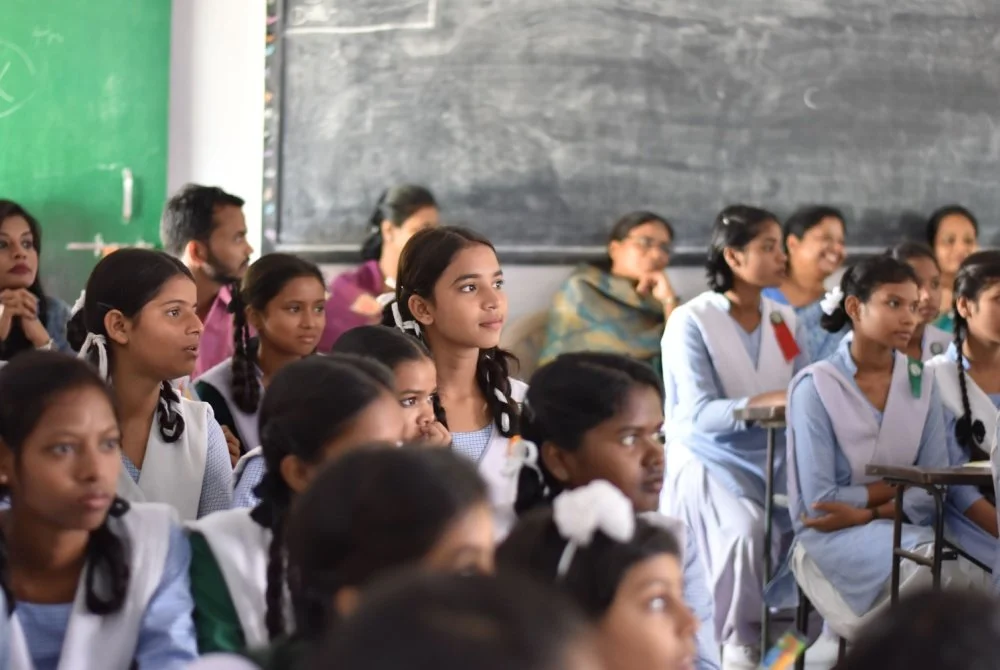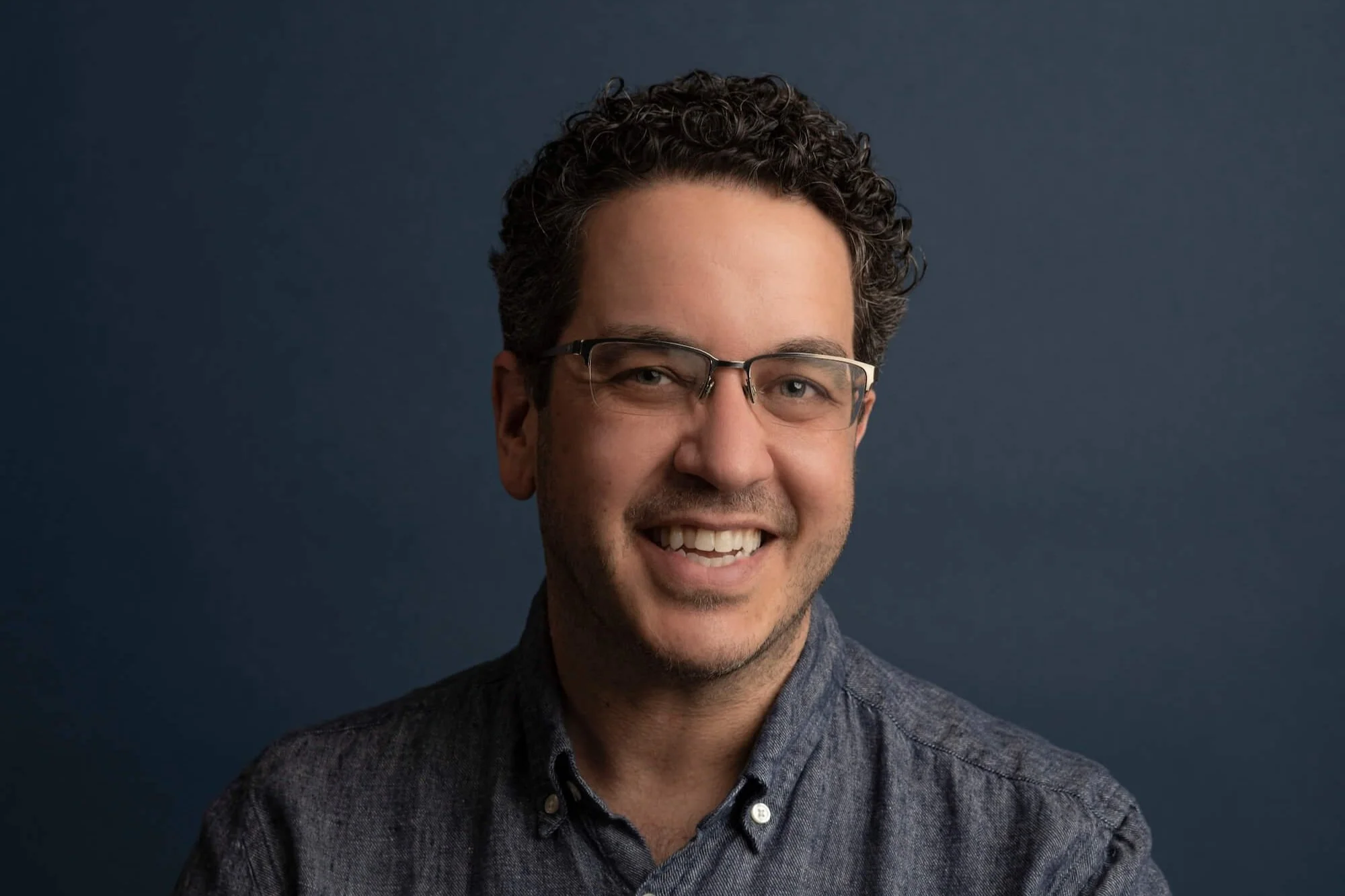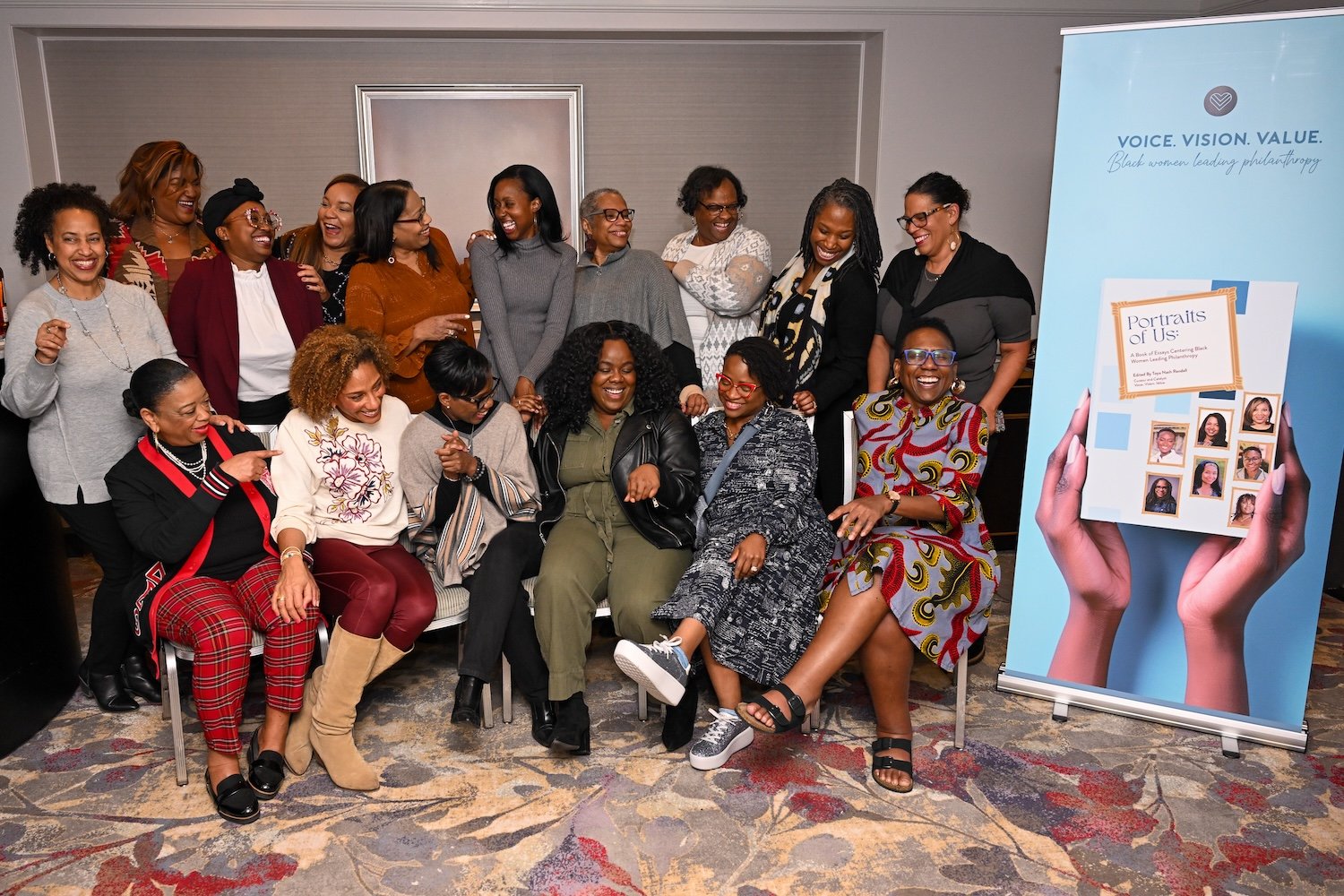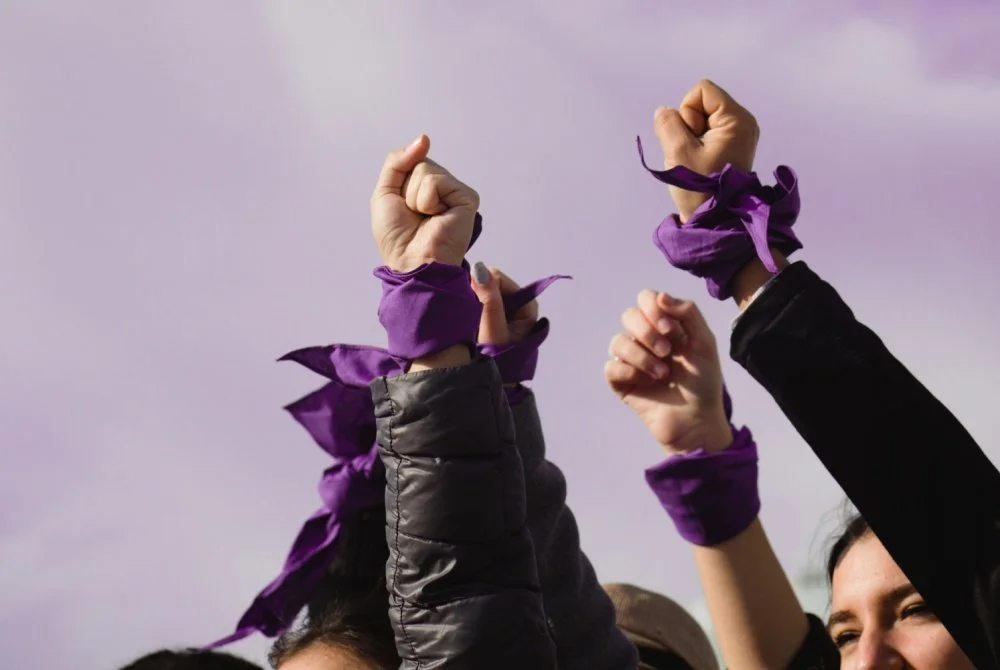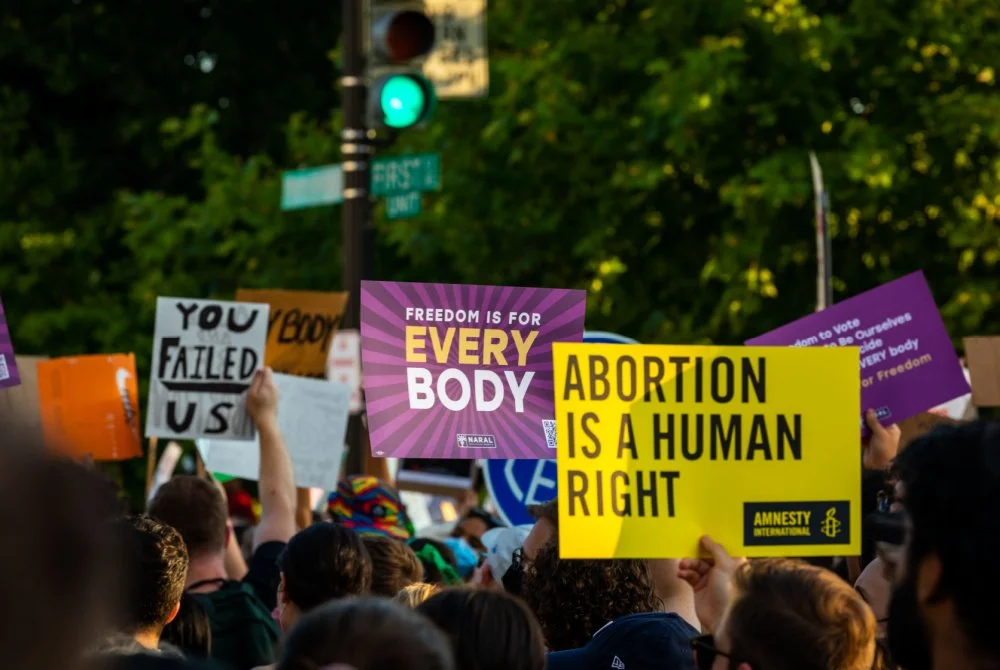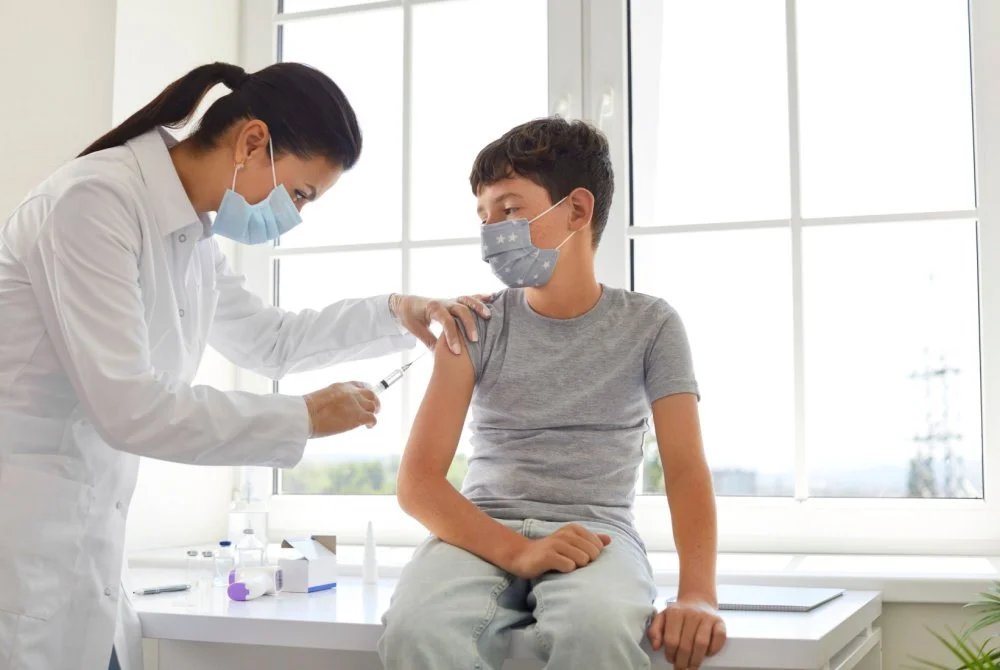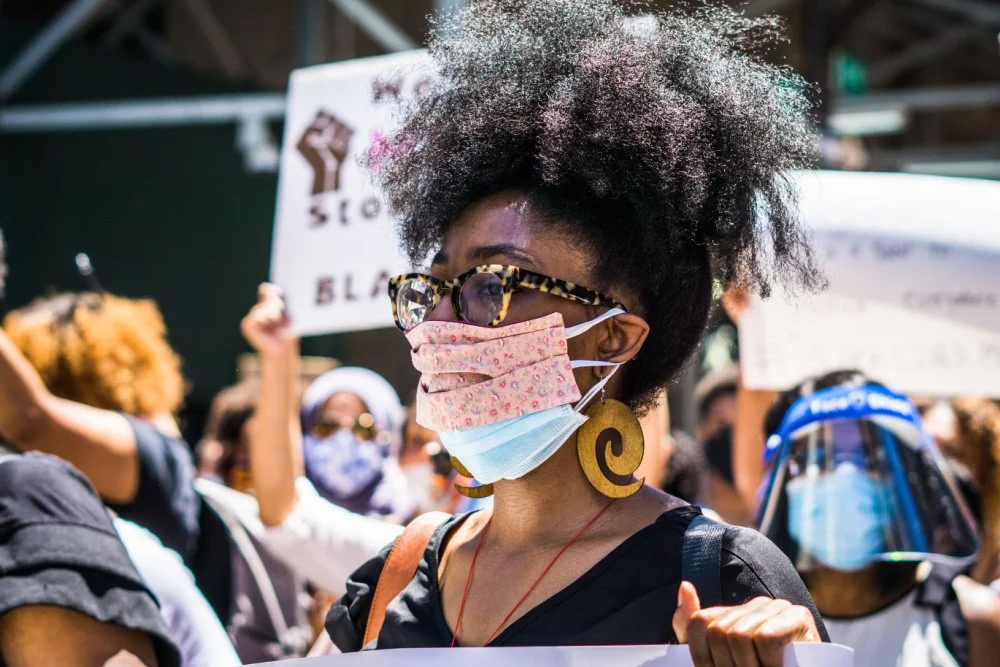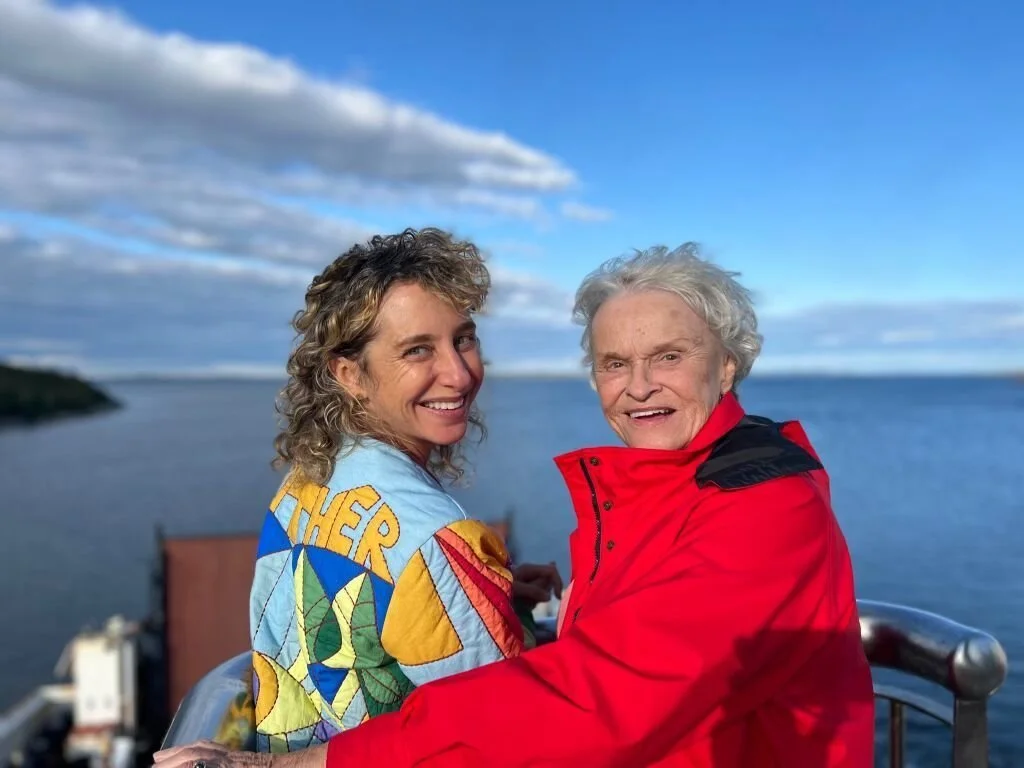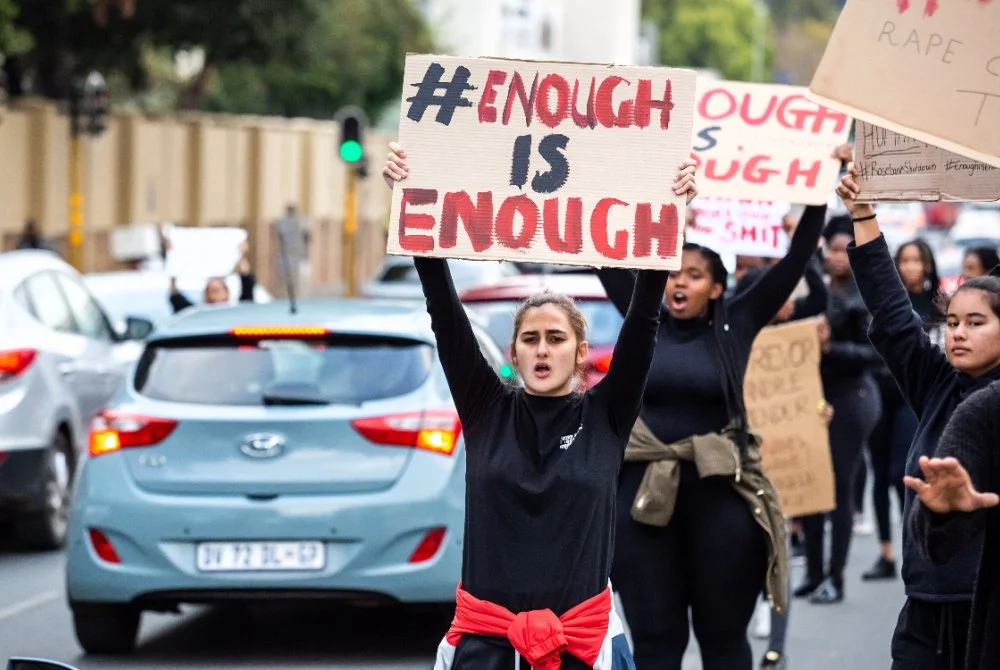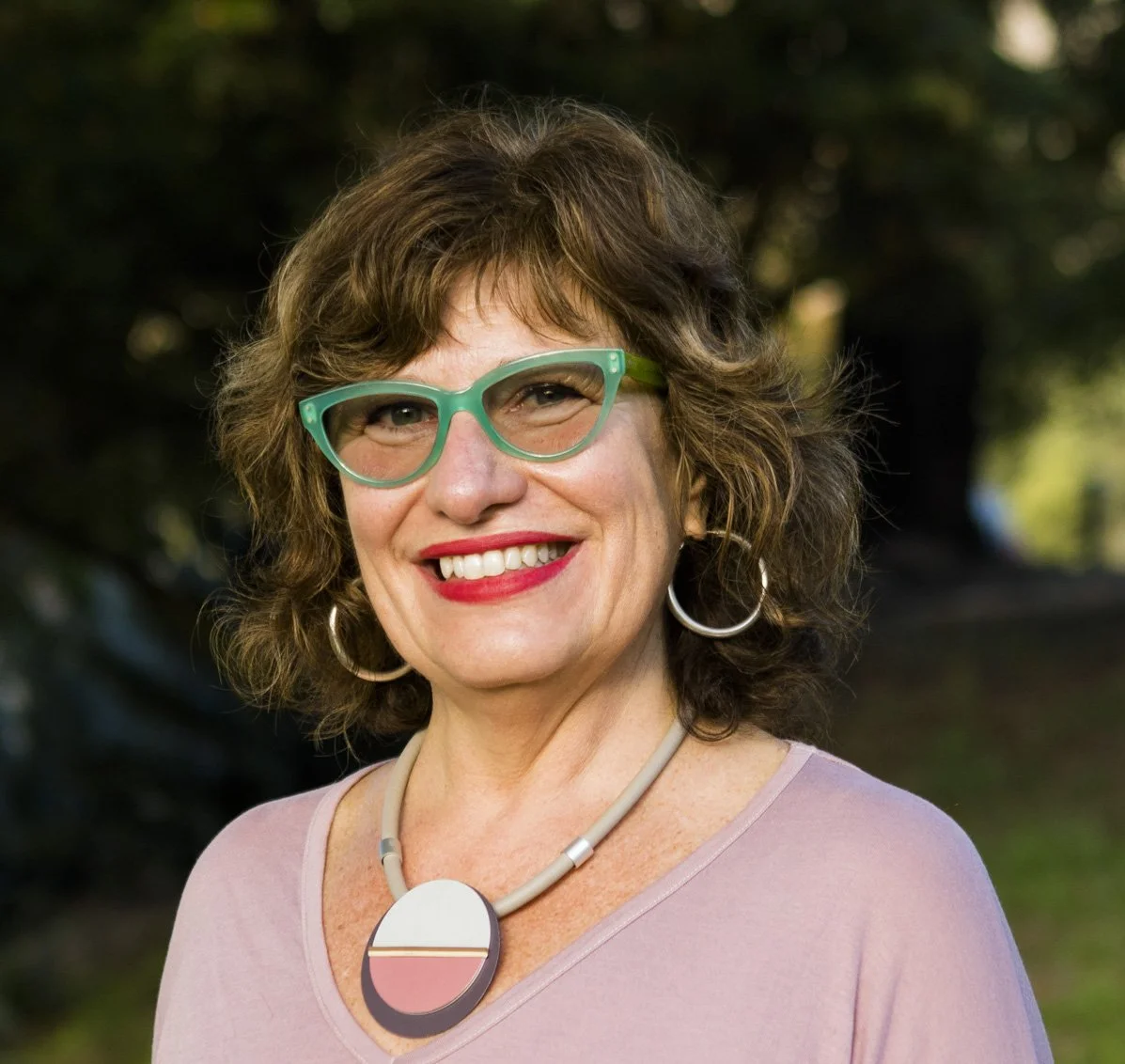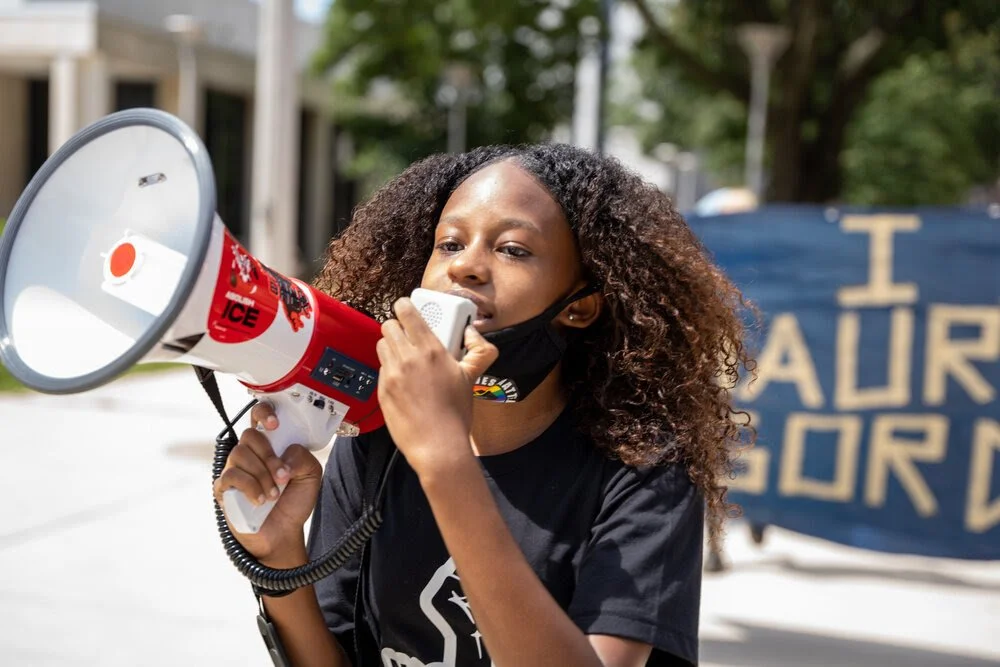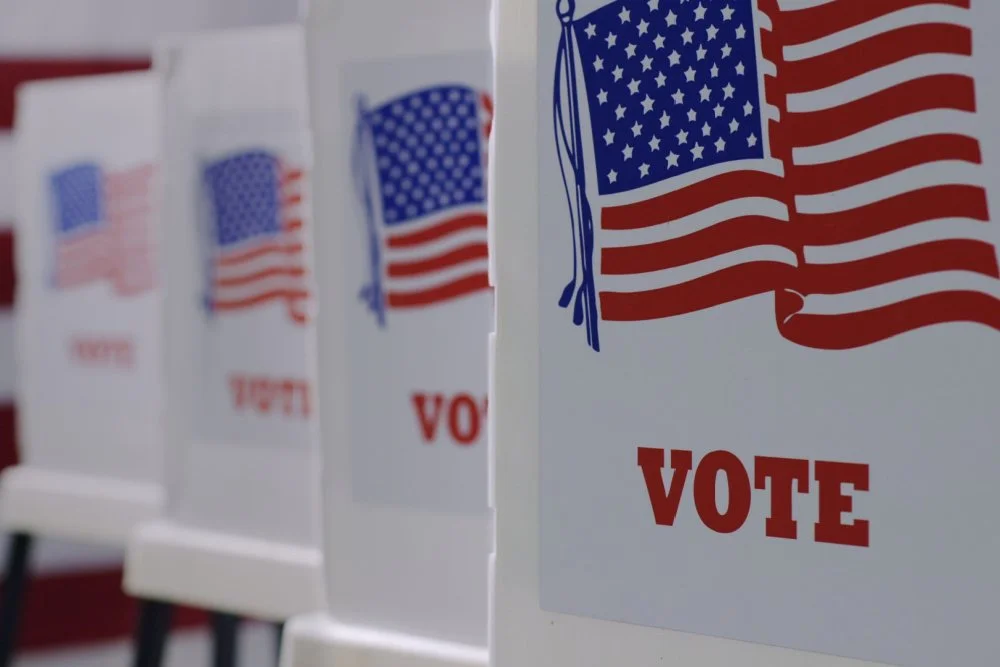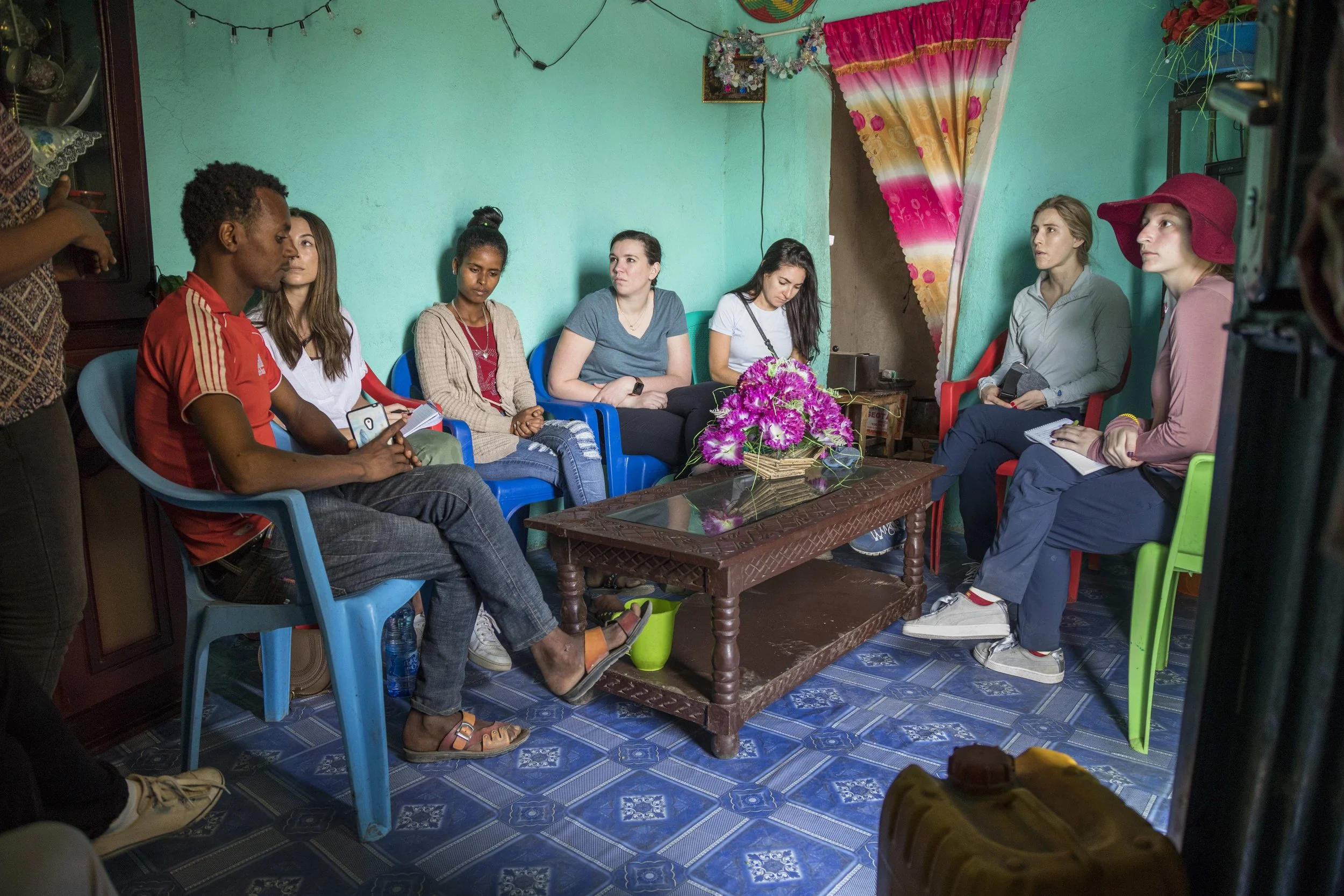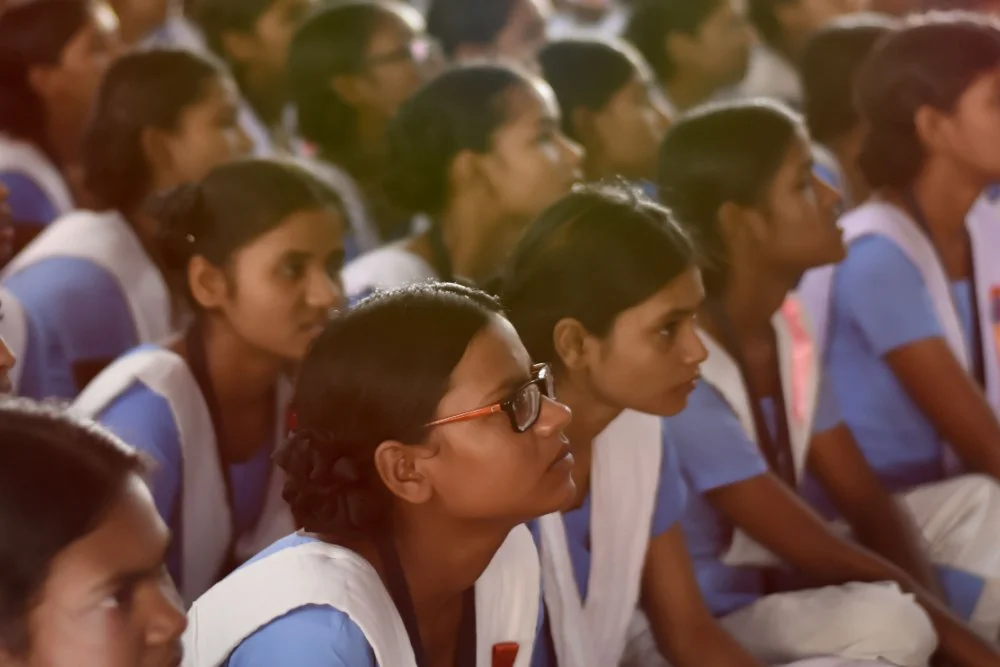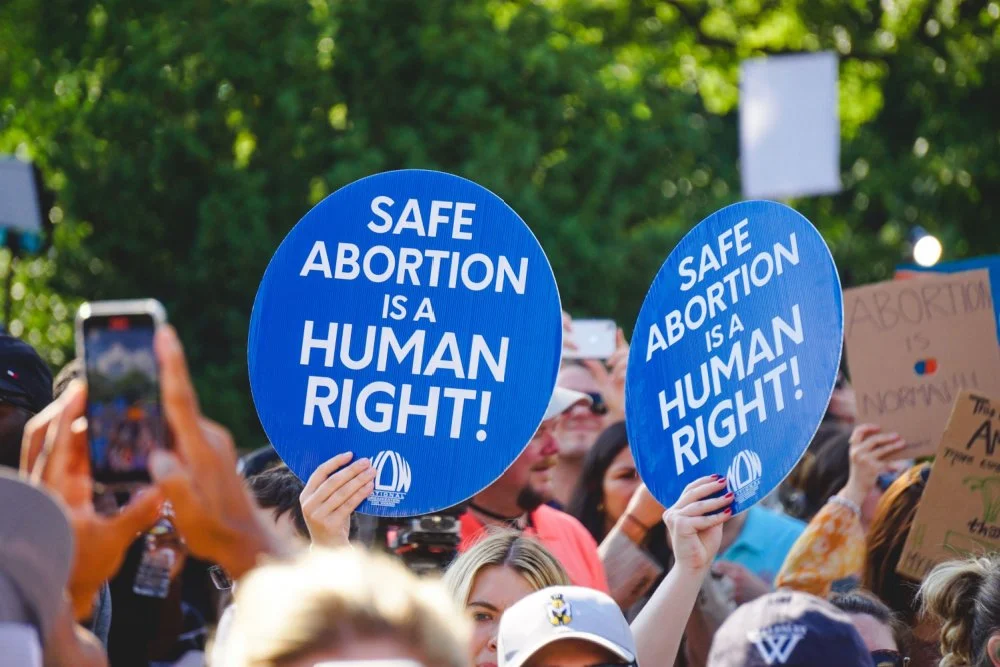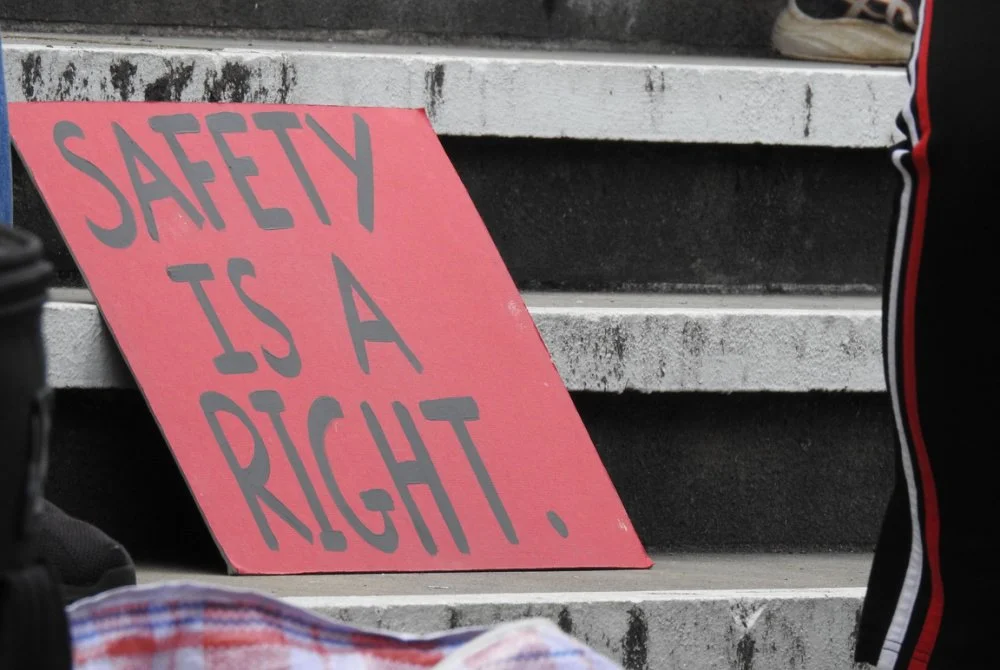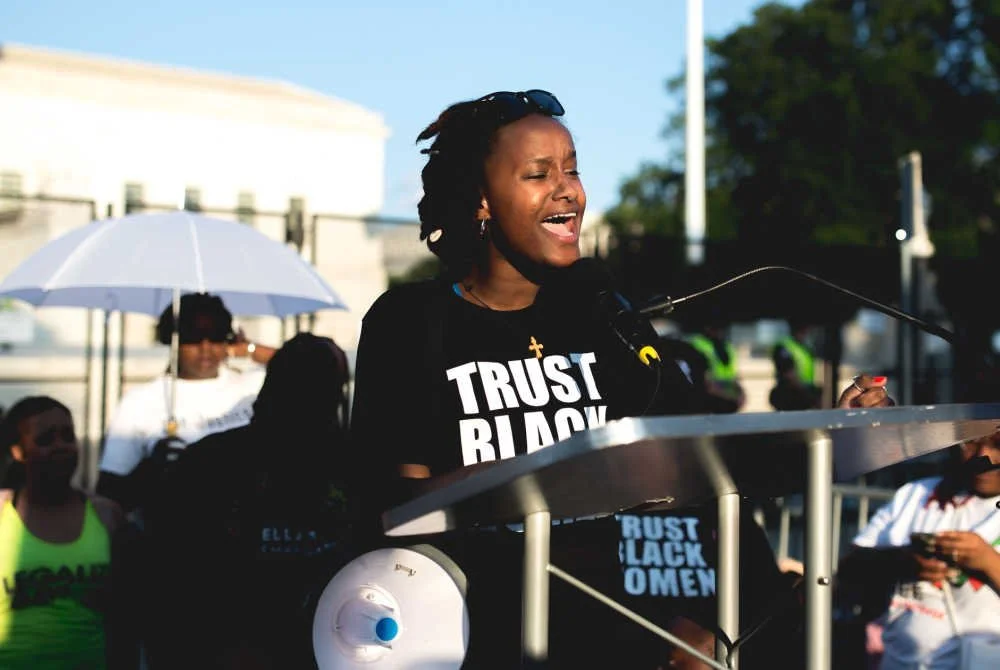In Pursuit of Justice, Nonprofits and Funders Push for Rape Kit Reform
/Mariska Hargitay, founder of joyful heart. photo credit:
Michael Webber
It’s been two years since the #MeToo hashtag went viral. While sexual assault gained new attention, the U.S. still has a long way to go toward obtaining reliable safety and justice for victims, many of whom are women. About one in five women in this country, and one in 38 men, experience attempted or completed rape in their lifetime. More than one in three women and close to one in four men experience physical sexual violence. Less than 25 percent of rapes are reported, and perpetrators of sexual violence are less likely to go to jail or prison than other people convicted of crimes.
Women’s foundations and funds, like the Ms. Foundation for Women, Women’s Foundation of California, Chicago Foundation for Women, Women’s Foundation of Minnesota and the New York Women’s Foundation, which runs the “Fund for the Me Too Movement and Allies,” often address sexual violence and harassment. Many community foundations address local gender-based violence and sexual assault, including domestic and child abuse, such as Oregon’s Meyer Memorial Trust, the New York Community Trust, and the Fairfield County Community Foundation, through its Fund for Women and Girls.
The NoVo Foundation is one of the main private philanthropies that invests heavily in stopping these crimes against girls and women, both in the U.S. and abroad. Corporate funders like Avon, Mary Kay, Uber and the NFL have also made commitments to this cause. Workplace harassment against women is the focus of the recently formed Collaborative Fund for Women's Safety and Dignity, with major backers like Ford, OSF, CBS, NoVo and others.
Rape kits (sexual assault forensic evidence kits) can be a linchpin of the prosecution of these crimes. Supporting their stewardship is one way funders can directly help survivors. Over the past few decades, a series of investigations has revealed hundreds of thousands of rape kits sitting untested and uninvestigated on evidence room shelves across the country. Some have now rotted or simply been thrown away. It’s hard to imagine DNA evidence relating to other reported violent crimes being routinely ignored or discarded in this manner. Given that most rapes are committed against women, the systemic abandonment of rape kits constitutes widespread gender discrimination and has lent new fervor to discussions of rape culture in the U.S.
End the Backlog is a leading national effort to improve rape kit processing systems and legislative reform. It’s a program of the Joyful Heart Foundation, which was founded by actor, director, producer and advocate Mariska Hargitay, who plays Olivia Benson on “Law and Order SVU” (the longest-running TV female character on the longest-running TV drama). Since taking on this role, Hargitay has received a deluge of messages from sexual assault survivors, which, along with all she has learned about these crimes and their prosecution, inspired her to start Joyful Heart in 2004. This foundation addresses sexual assault, domestic violence and child abuse through advocacy, healing and education programs. It has concentrated most of its advocacy efforts on End the Backlog since 2010.
"I started [the foundation] to help survivors of sexual assault heal their minds, bodies and spirits, and reclaim their lives. The pursuit of justice can be an integral part of that healing,” Hargitay says.
There are several ways philanthropists can back the provision, collection, maintenance, testing, tracking and investigation of rape kits. Here, we’ll look at work by Joyful Heart and other nonprofits, funders and government agencies.
Rape Kit Reform Progress
Nationwide and state efforts to address the backlog are underway. Since 2014, at the federal level, the Sexual Assault Kit Initiative (SAKI) has provided grants to communities across the country to help them develop and implement rape kit reform. Other federal funding projects include the National Institute of Justice Research Grants and the Debbie Smith DNA Backlog Reduction Grants. Joyful Heart’s End the Backlog program advocates for the continuation of SAKI and other funding avenues.
Many states have now taken steps to clear backlogs and improve their rape kit procedures. Governors, attorneys general, mayors, lawmakers and auditors are bringing public attention to the backlog and seeking reform. Local nonprofits and community funders can play an important role in addressing this problem—some already have.
When a tour of a Detroit police storage warehouse uncovered 11,341 untested rape kits in 2009, Wayne County Prosecutor Kym Worthy launched Enough SAID (Enough Sexual Assault in Detroit). It’s a multi-sector collaboration between Michigan Women Forward (previously the Michigan Women’s Foundation), the nonprofit Detroit Crime Commission and the Wayne County Prosecutor’s Office. The initiative consulted with Joyful Heart during their work.
“Enough SAID was conceived as a public-private partnership where we would raise private sector support and use it to leverage government dollars. With donations from virtually every region of Michigan, all 50 states and 18 foreign countries, we were able to assist in securing city, county, state and federal funding,” says Michigan Women Forward Chief Operating Officer Peg Tallet. Enough SAID received support from Comerica, DTE Energy, Meridian Health, the MGM Grand Casino Hotel, Quicken Loans and others.
Testing Detroit’s kits identified 817 serial rapists within one county. In 2017, Worthy said their evidence analysis suggested “a rapist rapes, on average, seven to 11 times before they’re caught.” These findings show testing kits can shed light on patterns inherent to this type of crime, which is crucial to reducing its occurrence and securing justice and safety for survivors. As a result of Enough SAID, about 175 men have been convicted of rape in Detroit.
A Push Across States
A notable multi-state effort to address the backlog stemmed from New York City, which addressed its own backlog in 2005 under Mayor Bloomberg. In 2015, Manhattan District Attorney Cyrus R. Vance Jr. committed $38 million to help other jurisdictions address their stored kits. Joyful Heart served as a technical advisor for this initiative. The funding led to the testing of about 55,000 rape kits by police departments in 20 states, with close to 19,000 DNA profiles added to the FBI’s database and 64 convictions, so far.
Since Cuyahoga County, Ohio, where Cleveland is located, began testing its backlogged kits in 2011, prosecutors have indicted close to 750 rapists and convicted more than 400. Whether kit testing leads to further investigation or prosecutions is another story altogether. States that want to boost sexual assault investigation rates can sometimes access federal funding. In 2017, Kentucky, which addressed the backlog but returned few indictments, used a $3 million SAKI grant to form a sexual assault cold case unit.
No federal agencies and few state governments actually require police to count or track kits, which can stymie progress. Joyful Heart works to reveal each state’s backlog through its Accountability Project. It receives pro-bono legal support to carry out public records requests on kits. It has identified more than 225,000 untested kits. With 15 states remaining, the nonprofit “believes there are several hundred thousand [more] to be discovered,” says Joyful Heart Managing Director Lauran Bromley.
Since 2016, Joyful Heart’s End the Backlog project has run a nationwide advocacy campaign to pass rape kit reform in all 50 states, partnering with law enforcement, advocates, sexual assault organizations, survivors and policymakers. In 2017, it published a legislative handbook on comprehensive rape kit reform for state legislators. The foundation has identified six “pillars of reform”: that states test new and backlogged kits, conduct quarterly audits of kits, track all kits, provide survivors with information about kit status, and allocate funding to these efforts. A total of 41 states and Washington, D.C., now have laws supporting some aspect of these pillars. Since January of this year, 20 rape kit reform laws have been enacted in 16 states.
“This progress is not swift. But we are committed to keeping at it until every state has implemented all six pillars,” Bromley says.
“Even though the landscape around these issues has changed so dramatically, thanks both to years of advocacy and to many brave new voices, we all know that it takes courage for a society to turn toward these issues, to risk talking about them,” Hargitay says. She says she is proud to stand with survivors, advocates and members of the criminal justice community, with the following message for survivors: “We hear you. You have suffered enough. Your healing and pursuit of justice are our priorities."
“One highlight this year has been the passage of a new law in California that will, for the first time, mandate the testing of all rape kits connected to a reported crime in the state… [it] now joins the growing list of states, almost 30, that require testing of all newly collected rape kits,” Bromley says. “Multiple [staff] and board members [engaged in advocacy], traveling to Sacramento to provide testimony, speak at media events and participate in legislative meetings. [Supporters] sent thousands of letters, phone calls, social media messages and emails [to their legislators].”
Funding Rape Kit Reform
As the primary national group taking on the backlog, supporting the Joyful Heart Foundation is one obvious choice for funders in this realm. It has seven staff and had revenue of about $4.8 million in 2017. Between 2004 and 2018, it raised more than $40 million and received more than $100 million in in-kind contributions and donated services. Along with gifts from individual donors and board of director giving, Joyful Heart has received funding from Bloomberg Philanthropies, Bloomingdale’s, the Dallas Mavericks, Samsung, the Blue Shield of California Foundation, the Charles and Lynn Schusterman Family Foundation, and others. Bromley says it receives “significant donations through Facebook fundraisers, Amazon Smile and community events ranging from everything from concerts and performances to coordinated activities at tattoo parlors.” She says vendors Me&Ro, Michael Stars and others have “helped us raise millions of dollars and expand our reach through [sales of merchandise].”
Joyful Heart lists the National Alliance to End Sexual Violence, the Rape, Abuse and Incest National Network (RAINN), Raliance and other organizations as partners. Some of the other nonprofits that specifically address the backlog are H-E-A-R-T, Inc. (Hope Exists After Rape Trauma) and Test400K. Test400K ran a “Just Track It” campaign in 2016, mailing a rape kit to every U.S. governor and broadcasting the tracking codes. “Tracking codes are a basic customer service for sending packages anywhere in the world today, yet this courtesy is denied to rape victims and the law enforcement agencies investigating their cases,” the group states. Arizona, Idaho, Ohio, Texas, Virginia, Washington and other states now have or are developing kit-tracking systems.
The Chicago Foundation for Women (CFW) supported Test400K in the past. CFW President and CEO Felicia Davis says, “Each one of these kits was provided in good faith by survivors; survivors who are now being retraumatized by the inaction of our criminal justice system.”
Raliance Advocacy Director Ebony Tucker brings up the importance of rape kit access, especially in rural areas, which sometimes lack sexual assault nurse examiners. Funders can increase the number of these examiners by supporting their education and retention.
Andrea Pagano-Reyes, vice president of development at RAINN, encourages funders to use their “influence to help renew the Debbie Smith Act,” a federal DNA law that expired at the end of September 2019. While the Senate has voted to renew the law, the House has not. Also, the Violence Against Women Act expired in 2018 and has been reauthorized by the House but not the Senate.
Along with nationwide legislation, community-based advocacy plays a powerful role in ending the backlog. Erin Rubin of NPQ wrote that progress on these fronts occurs when police departments and state legislatures are successfully pressured by nonprofits, media and lawmakers. She said that a localized strategy might be the best course for Joyful Heart and other groups, one “that personalizes this problem for law enforcement until the victims’ need for justice overcomes bureaucratic apathy.”
On the other hand, Hargitay wrote for CNN that “systemic and lasting change takes effect through state-level legislation. While agency, local and county-level reforms are vital, we know that perpetrators do not stop at the county limits, and survivors’ access to justice should not be restricted by ZIP code.” End the Backlog runs a map that tracks the progress of rape kit reform in each state in detail. This is a helpful resource for funders who want to get involved with efforts in this arena.
Joyful Heart’s state-based advocacy work and Michigan Women Forward’s local Enough SAID campaign both set examples of how cross-sector community-based partnerships can successfully address backlogs. The movement for rape kit reform can obviously benefit from help on all fronts—local, state, regional and national efforts working in tandem or cooperation.
Lack of Investigation Fuels the Backlog
The infrequency of rape investigations has fueled the rape kit backlog. “The backlog in most places can be tracked back to kits being stored at law enforcement facilities without being transferred to a crime lab, because an investigation didn’t occur after the rape,” says Tucker of Raliance. Low investigations rates are coupled with low prosecution and conviction rates. Rapists are often handed down sparse jail time, or none at all. About five out of every 1,000 sexual assaults ends in a felony conviction.
When researchers examined a sample of Cuyahoga County rape cases, primarily from the 1990s, they found that in 75 percent of cases, victims were never interviewed by detectives, The Atlantic reports. In Detroit, Prosecutor Worthy said, “We reviewed many, many police reports where the officers dismissed [victims] because they didn’t act the way they thought they should act.” Dan Clark, a Cleveland detective who trains officers for the SAKI program, said that in private, officers tell him they think many women’s accounts of rape are lies.
In 2010, researchers conducted a meta-analysis of more than 20 previous studies, as well as a new inquiry into campus assaults, and found false reports accounted for between 2 and 10 percent of rape allegations. While the FBI has issued general guidelines on how to identify a rape claim as unfounded, the guidelines are not foolproof and may not always be followed. Criminal Justice Professor Philip Rumney pointed out in 2006 that for nearly two decades, Philadelphia police were found to have “deliberately mislabeled rape complaints and ‘dumped cases’ by unfounding reports to reduce workload and create favorable crime statistics.”
At a 2019 summit on the multistate effort that stemmed from New York City, the Manhattan DA acknowledged that law enforcement often receives “insufficient” trauma response training, and that “victim-centered interviewing techniques” could improve the process. Funders can potentially address the rape kit backlog upstream by supporting these kinds of professional development initiatives for police.
Examinations of which women are raped and which rape reports are investigated reveal racial and social disparities. A total of 86 percent of the victims aligned with Detroit’s backlogged kits were people of color. Perpetrators of sexual violence disproportionately attack people of color, members of the LGBTQ community, people with differing abilities and those who are poor, migrants or undocumented immigrants. The complex societal inequities and norms that underlie sexual assault and the rape kit backlog make these broad-reaching, intersectional issues. Along with feminist philanthropists, it makes sense for diverse funders to support sexual assault survivors, including those interested in social justice, community and youth safety, racial equity and human and civil rights.
Tucker says, “There is an issue with law enforcement culture and choosing which victims are credible and which ones aren’t… In Detroit… if you were a woman of color, especially a black woman, there was a much lesser chance that your case would be investigated… If you're a woman with a criminal history, how is your report handled, versus the woman who doesn't have one?” She says funders should support police training around implicit bias. “Really, I think we're never going to quite get around [the backlog] until we deal with these cultural issues.”
Programs that aim to prevent sexual assault and provide services to survivors are also clearly central and crucial in addressing these crimes. Some philanthropic and nonprofit initiatives provide crisis, therapeutic or legal support, or housing or financial literacy education for survivors rebuilding their lives. Others engage men and boys in addressing the root beliefs and norms that drive violence against women. A recently formed multi-funder initiative seeks to enact widespread, intersectional cultural change for gender justice.
Sexual Assault in the U.S. as a Voting Issue
The Justice Department’s National Crime Victimization Survey asks people if they've been the victim of a crime, whether they’ve reported it or not. In 2018, the rate at which respondents said they’d been victims of rape or sexual assault almost doubled since 2017 to 2.7 per 1,000.
FBI data shows an estimated 139,380 reported rapes in 2018. This is 2.7 percent higher than in 2017 and 18.1 percent higher than in 2014. It can be hard to determine whether a rise in sexual violence claims, reports or cases is due to an increase in assaults or in survivor communication, or both. Calls to RAINN’s hotlines surged in 2017 with the rise of #MeToo.
“I think it's both,” Professor Callie Rennison of the University of Colorado Denver told NPR of the rising survey rates. “I think that people are more willing to share this with interviewers and tell about victimizations they’ve experienced, but I also think that a part of it could be, is that there has been, among some people, I don't know, this idea that grabbing people—which is sexual assault—or raping, isn't a big deal. And so we might be seeing just actual more offenses, as well.” Rennison’s mention of “grabbing people” most likely references President Trump’s now-famous statements describing his assaults. (Trump has been accused of sexual assault or misconduct at least 25 times.)
Michele Dauber is the Stanford law professor who led the recall effort of Judge Persky, who sentenced Brock Turner to six months for the sexual assault of Chanel Miller (he served three). She said the judge’s recall “demonstrated that violence against women is a voting issue.”
On the second anniversary of the #MeToo hashtag, movement founder Tarana Burke said presidential candidates should make addressing sexual violence a platform issue. In the summer of 2019, presidential candidate and Senator Kamala Harris proposed to invest about $1 billion to eliminate the remaining rape kit backlog in the U.S.
Burke discussed sexual violence as a public-health crisis and said, “We must be clear that we are ready to vote for accountability in 2020.”



